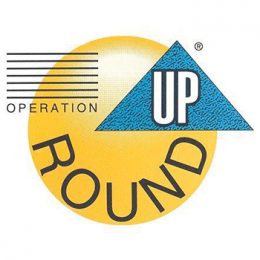
Times are changing, and Marshall County REMC is changing with it.
Recent improvements and evolution in technology has led to a surge of discussions on the benefits of renewable energy and decarbonization.
Plans are being made across the globe to go green, and our wholesale power supplier, Wabash Valley Power Alliance, recently announced its own proposal to reduce its carbon footprint — and by extension, yours.
By 2050, WVPA aims to reach net-zero carbon dioxide emissions in its portfolio, with carbon output reduced 50% by 2031 and 70% by 2040.
While that date may seem far away for some, it’s important that we maintain reliability of the electric grid while keeping costs affordable. This will be accomplished by supporting a diversified portfolio until we’re sure we can maintain the same level of service you’ve come to expect.
Solar and wind can only produce electricity when the sun is shining and the wind is blowing. Until large utility scale storage technology advances to a point where it can sustain power for long periods of time while maintaining affordability, we need to use conventional sources, like natural gas and coal, to be the backup to renewables.
But what does “net-zero” really mean?
Net-zero carbon means that any amount of carbon dioxide produced will be removed by an equivalent amount to attain a net total of zero emissions. Think of it like filling a bathtub with water. To be “net-zero carbon,” when water (carbon dioxide) is added to the bathtub (atmosphere), it should be drained out of the tub at the same time so the tub (atmosphere) can remain empty.
This announcement means that you, our members, will benefit from greener energy, without the hefty investment and maintenance of your own solar array installation. Also, developing large-scale arrays have certain advantages, such as reduced equipment costs and efficiencies, that lower the kilowatt-hour costs for you as the consumer.
It’s just another way Marshall County REMC is listening to our members and planning for the future of our cooperative!



